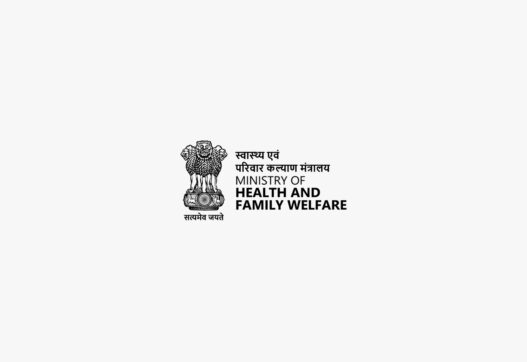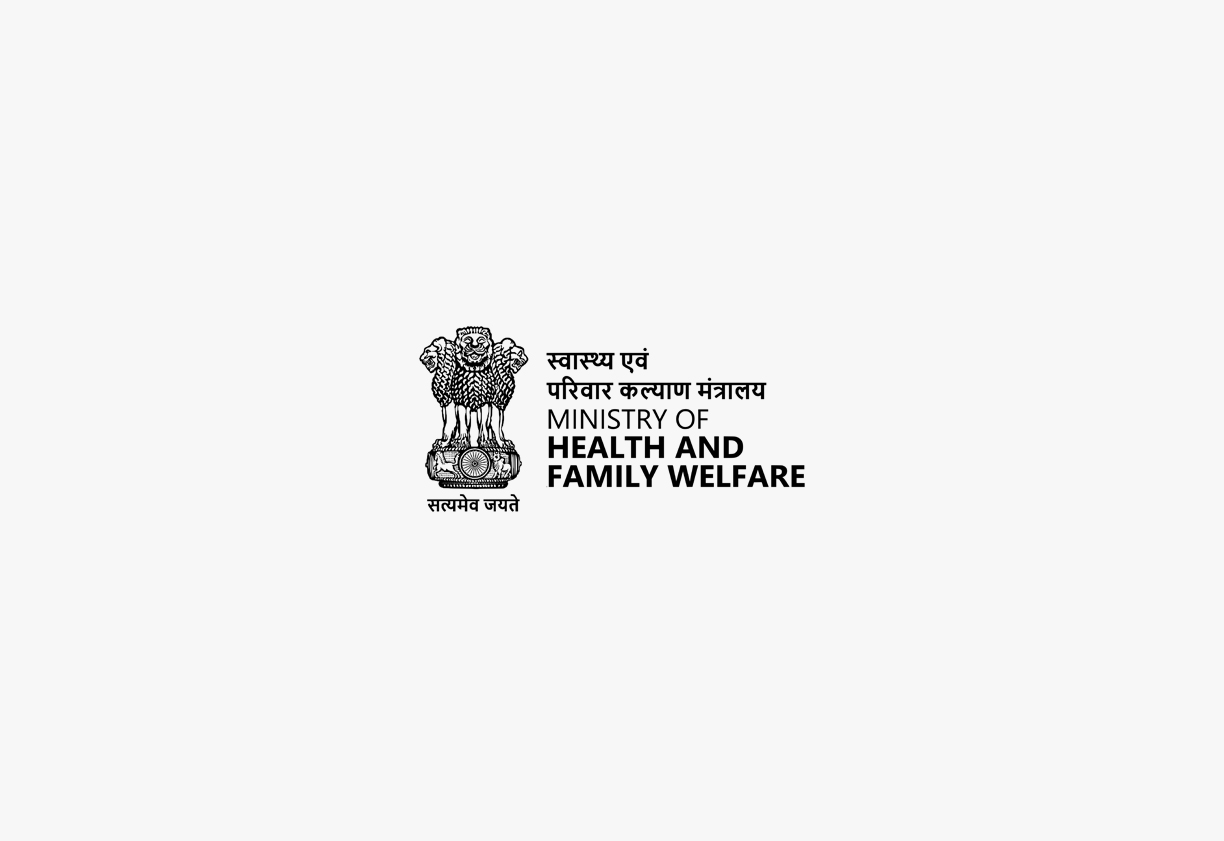Ministry of Health and Family Welfare
The National Nursing and Midwifery Commission Act, 2023, aims to regulate and maintain standards of education and services by nursing and midwifery professionals, establishing a national framework for the development of these professions in India.
1: Act Background and Ministry Under Which This Act Is:
The National Nursing and Midwifery Commission Act, 2023, was enacted to regulate the profession of nursing and midwifery in India and to establish a National Nursing and Midwifery Commission. This act aims to set standards for education, training, and practice in these fields, ensuring quality and ethical delivery of healthcare services. The act falls under the administrative purview of the Ministry of Health and Family Welfare, which is responsible for overseeing the implementation and enforcement of regulations related to nursing and midwifery. The ministry plays a crucial role in ensuring a skilled and competent healthcare workforce.
2: Enactment Date, Number of Chapters, Number of Sections:
The National Nursing and Midwifery Commission Act, 2023, was enacted on 11th August, 2023, and is known as Act No. 26 of 2023. The act is structured into nine chapters. It comprises 59 sections, covering various aspects such as definitions, constitution of the National Commission, Autonomous Boards, the Advisory Council, registration, recognition of qualifications, and miscellaneous provisions. The act also includes a schedule listing recognized categories of nursing and midwifery professionals. The act has been amended over time to reflect changing requirements.
3: Act Governed By:
The National Nursing and Midwifery Commission Act is governed by the Central Government, which has the power to make rules and regulations under the Act. The National Nursing and Midwifery Commission (NNMC) is the primary regulatory body at the national level, while State Nursing and Midwifery Commissions are responsible for implementation at the state level. The act is governed by the provisions outlined within it, as well as rules and regulations framed by the Central and State governments. It is therefore a combination of central and state oversight.
4: On Whom It Is Applicable:
The provisions of the National Nursing and Midwifery Commission Act are applicable to all nursing and midwifery professionals, educational and research institutions, State Nursing and Midwifery Commissions, and the Central Government. The act ensures that all such institutions and professionals adhere to the standards set by the National Nursing and Midwifery Commission. The general public are indirect beneficiaries of the Act’s provisions. The act’s focus is to regulate and improve nursing and midwifery standards.
5: Penalties/Punishments:
The act does not specifically lay down penalties or punishments for violation of its provisions. However, the act empowers the National Commission to take action against institutions that fail to maintain the prescribed standards. The act also provides for the withdrawal of recognition of qualifications and institutions that do not meet the requirements. The act ensures accountability through rules, regulations, and supervisory authority, emphasizing the proper management of the profession and its standards.
6: Important Pointers:
-
National Commission: The act establishes the National Nursing and Midwifery Commission (NNMC) as a central regulatory body.
-
Autonomous Boards: It provides for the constitution and functions of various Autonomous Boards to oversee specific areas of nursing and midwifery education.
-
Advisory Council: It establishes a Nursing and Midwifery Advisory Council to advise the Commission.
-
National Register: It provides for the maintenance of a National Register of nursing and midwifery professionals.
-
State Registers: It mandates the maintenance of State Registers by State Commissions.
-
Recognition of Qualifications: It outlines the process for recognizing nursing and midwifery qualifications and training institutions.
-
Rule-Making Power: It empowers the Central Government and the Commission to make rules and regulations for carrying out the purposes of the act.
-
Scope of Activities: It outlines a wide range of activities, including teaching, research, and training of nursing and midwifery professionals. The act provides both broad and specific areas of operation for the nursing and midwifery profession.
7: Act Copy:




